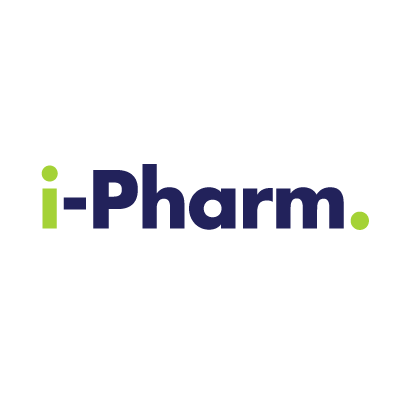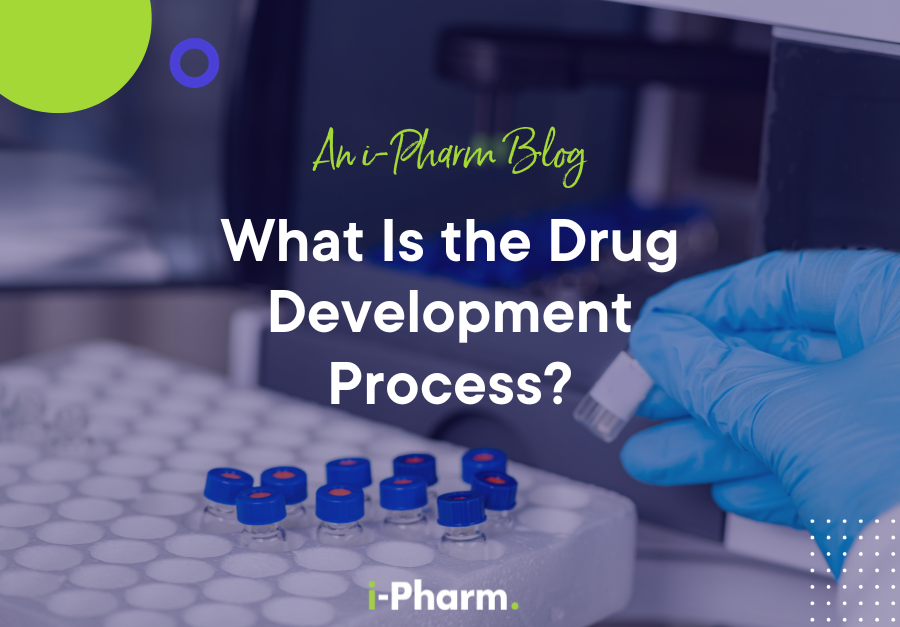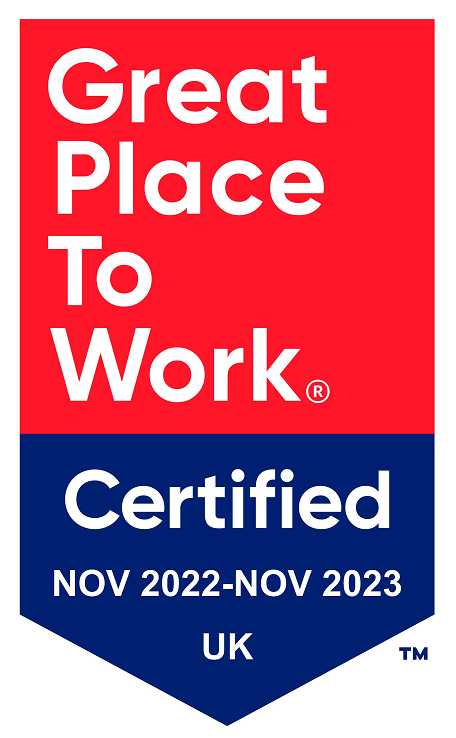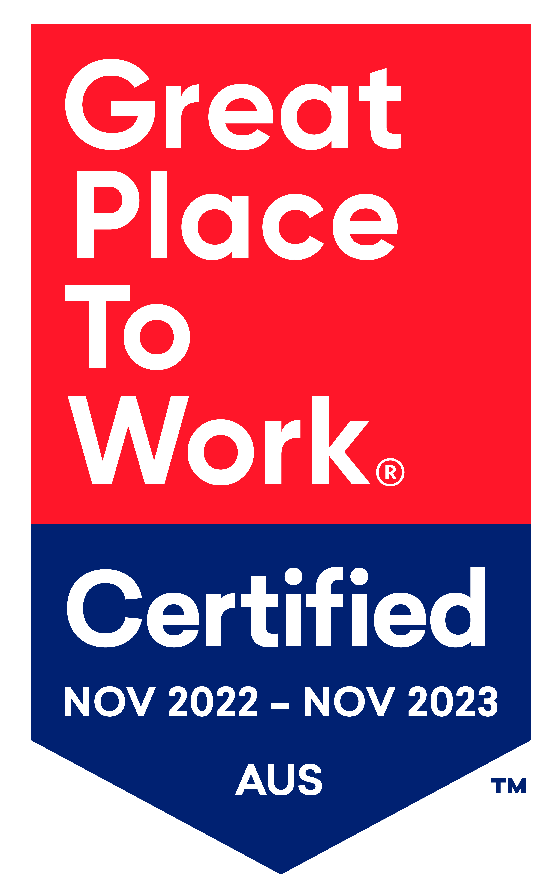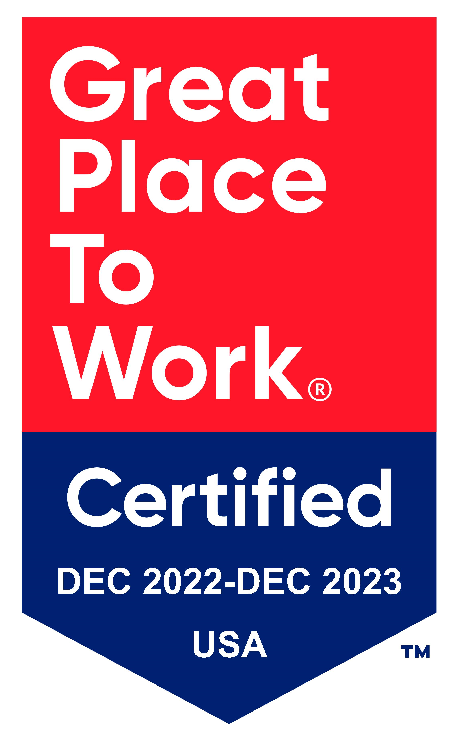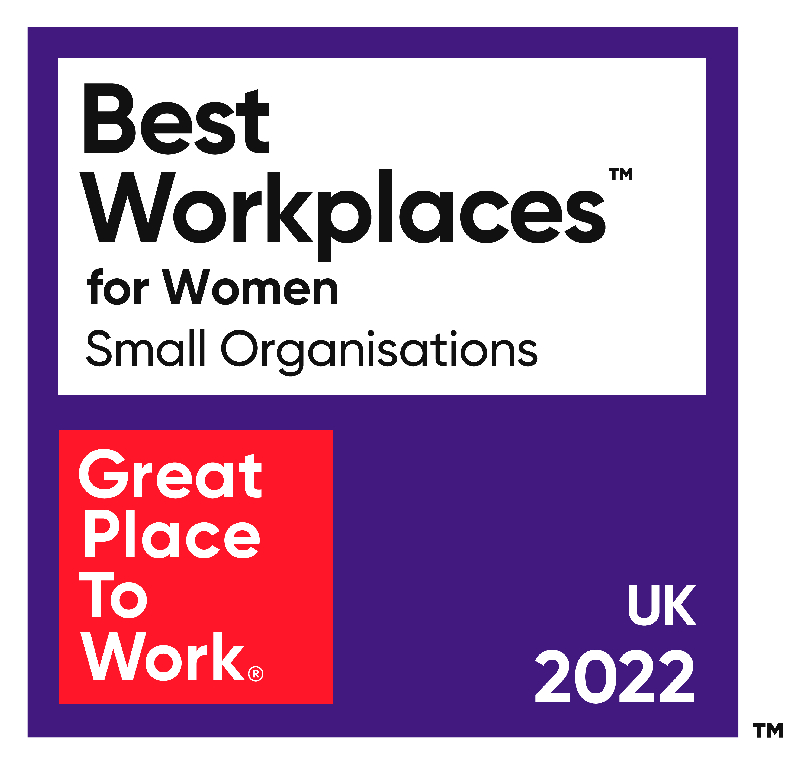Placing candidates at the heart of life sciences
25 Aug, 20227 MinutesAcross the UK, there are 6,300 life sciences businesses, generating an £80.7bn turnove...

Across the UK, there are 6,300 life sciences businesses, generating an £80.7bn turnover, and employing more than 256,000 people, while the value of the life sciences industry in the USA is over $362 billion. Since the Covid-19 pandemic, the life sciences industry has been thrust into the limelight due to the huge demand to research, manufacture, test and distribute a suitable vaccine. As a result, the hunt for talent in the life sciences industry has rapidly surged, specifically within the medical affairs, clinical development and pharmacovigilance sectors.
Clinical Development Sector and Drug Safety
Currently, 75% of all clinical trials are conducted by Contract Research Organizations (CROs), leading to an increased demand for candidates within the clinical trial space. Due to this high demand, expertise in early phase clinical research has become increasingly scarce causing a lack of time-sufficient development. Costs are generally the highest barrier when developing a new drug resulting in pressure from Sponsors for drug development progression.
Efficiency, safety, and adaptability have, for centuries, been the primal value for the development of new drugs, as well as patient care. Medical personalisation given to patients varies from a specific disease state to another, although considering the notion of benefit-risk balance and risk assessment, drugs with a high-risk profile should be eluded unless needed.
Cultural Fit vs Humanistic Fit – What’s more important?
Whilst there is a shortage of candidates within the clinical development and drug safety sector, many small to medium companies have a strong eligibility criterion. Companies are often looking for candidates with MDs or oncologists with approximately 10 years experience. In addition, emphasis is highly placed on whether a candidate will be able to socially adapt within organisations. Companies are searching for a candidate who will fit in right away, make a strong first impression, develop into a valued and popular team member, and perform admirably in their position.
However, this poses a crucial argument – what’s more important when hiring candidates: the cultural fit or a humanistic fit? Such arbitrary decision-making has the potential to eliminate qualified applicants. Organisations want candidates who can drive forward their company values and maintain company culture. Many candidates within the sector are driven by their passion for the science and their mission to help better the lives of patients globally through clinical trials and approval of new drugs. Asking if a candidate will add to the culture is a better question to ask than if they will suit it. The central query remains the same. The phrase "culture add" implies that people can be different and still have a positive cultural impact on the firm, even though the question "Are they aligned with our goal and values?" is used.
Conclusion
Placing candidates at the heart of life sciences means that the hiring process should facilitate their mission to further enhance the life science industry. On a personal level, the candidates that are willing to support these developments and help create new drugs are heroic. Their compassion and determination for having their expertise contribute to a greater cause are admirable, as well as inspiring. Throughout everything, professionals in the sector are helping others through these clinical trials and approval of drugs to support communities. The candidate short market within clinical development and drug safety means talent is needed more than ever.
Get in touch here to find out more.
